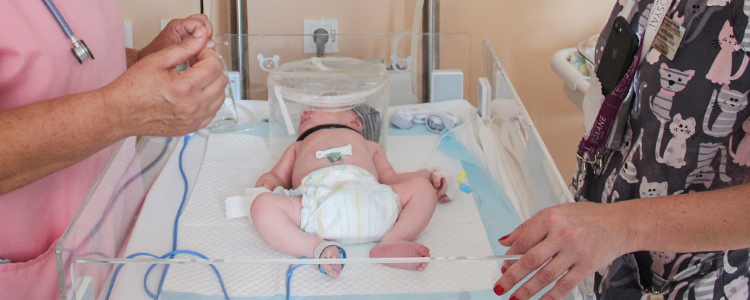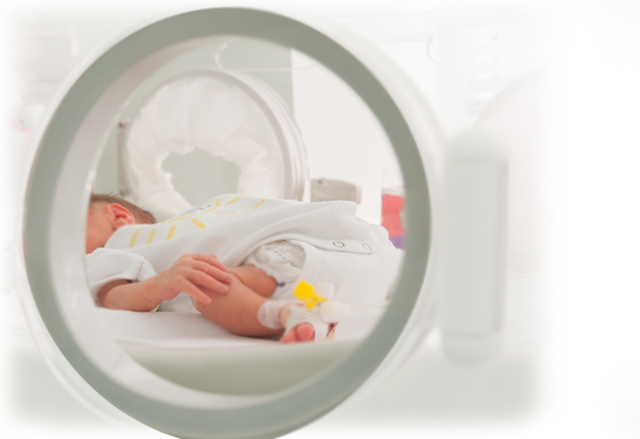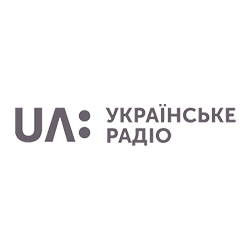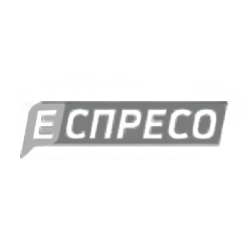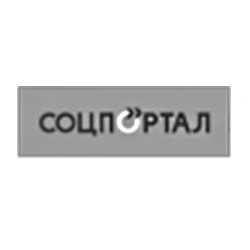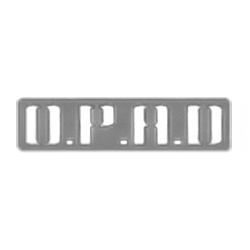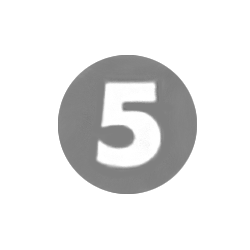Neonatal intensive care unit at Kyiv prenatal center №3. An ICU ward is full of baby crying. Meet the unit’s youngest patient, Bohdanchyk. He is clenching his fists and gasping for air with his tiny chest rising heavily. His mum has not seen him yet, as the pre-term birth resulted in a complicated surgery, so at the moment the woman has just been recovering after the anesthetics. The boy had to start his life not in the hands of caring parents, but wearing an oxygen mask under close medical control.
There are a few such boys and girls who need continuous attention of doctors, and their mothers standing by the side of the kids, are crying not of happiness. Some of the babies has been born a few days ago; the other are just a couple of hours old. Most of the children have been born pre-term or had birth-related complications. The babies spend their first days or hours at the intensive care unit where doctors are monitoring their condition day and night as well as help them breathe to the best.
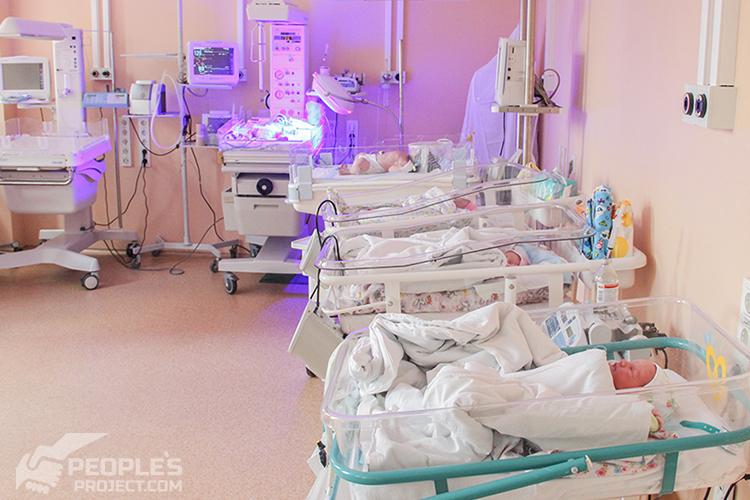
”Within 3.5 hours I had already given birth to my child; we barely made it in time there – I thought I was going to give birth right in the street. The delivery was very orderly. Still it was a bit pre-term, at the 36th week. But immediately following the birth my son Mykyta was taken away immediately as he could not breathe on his own – his lungs failed to open. I was extremely scared,” – his mother Olesia tells while doing Velcro fasteners on his pants. In a couple of days at the ICU Mykyta started to breathe himself, and now he is prepared for his first moving – into a conventional hospital room so far.
Such children need exceptionally considerate and careful treatment, as the slightest flips on the part of medical staff can do irreparable harm to them. “Five percent of kids are born pre-term. Quite often, they are born with asphyxia and, consequently, insufficient oxygen access to the brain. Immediately after birth, a doctor has to promptly decide whether it is necessary to give a baby extra oxygen or not. Since oxygen is not at all times as useful as many think. Overdose of oxygen may bring in rather serious complications like brain hemorrhage or chronic lung diseases. Hence, it is highly important to recommend appropriate respiratory therapy,” – Valentyna Nahnybida, head of the ICU, explains.
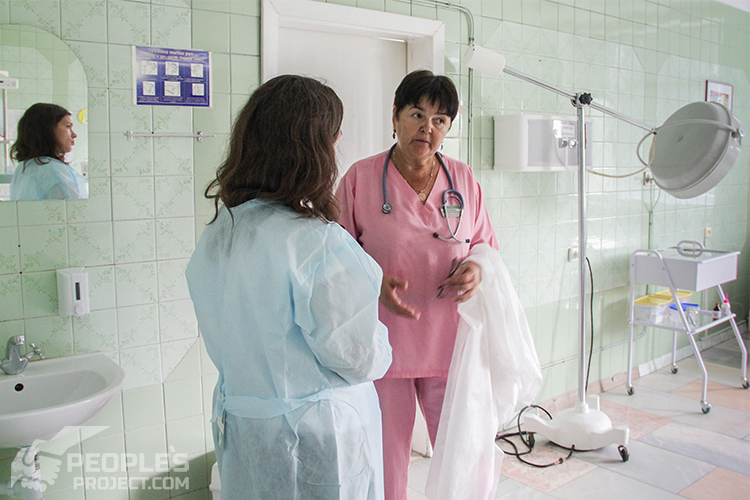
Now the equipment in the hospital’s Intensive Care allows measuring just oxygen level in a kid’s tissues. Still, to choose optimal therapy medics need to know the combined level of other gases in the blood as well. Special medical gas analyzer is the device allowing to get a comprehensive picture of these vital ratios instantly and with no excessive invasions.
“It is essential to see not only the concentration of oxygen in blood but that of carbon dioxide as well, since lack of carbon dioxide may result in serious health problems like cystic changes in the brain. Knowing precise gas proportions allows to choose optimal therapy for a child and gives him or her the possibility not only to survive but also avoid severe complications and maintain good health,” – Ms. Valentyna adds.
The gas analyzer allows:
– To check up blood gases proportion even before a baby is born, amid the very act of labor. This allows optimize the process of delivery and start therapy before the baby is born, and to begin resuscitation if necessary. The earlier treatment starts, the higher the chances for a successful outcome are;
– To avoid painful injections and taking blood for testing, as this mini-invasive apparatus is just imposed directly on the skin of a child. Sometimes, the weight of newborn babies varies within 500–600g which makes conventional injections an exceptionally traumatic and painful procedure for them;
– To choose optimum proportions of medications and to correct pharmacotherapy in strict accordance with blood gases percentage swings. This allows to avoid excess medication use as well as to lessen the number of additional procedures.
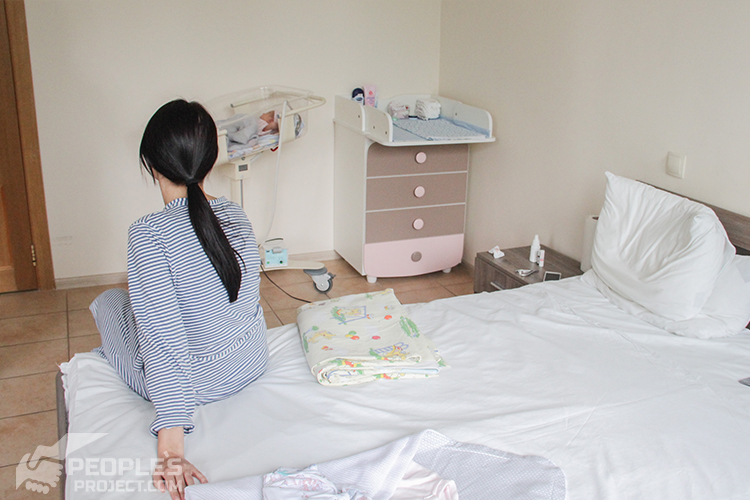
Unfortunately, buying costly medical equipment for children born before term mostly remains the prerogative of charity foundations. Hospitals just cannot afford purchasing this essential device. Its cost makes 225 thousand hryvnias.
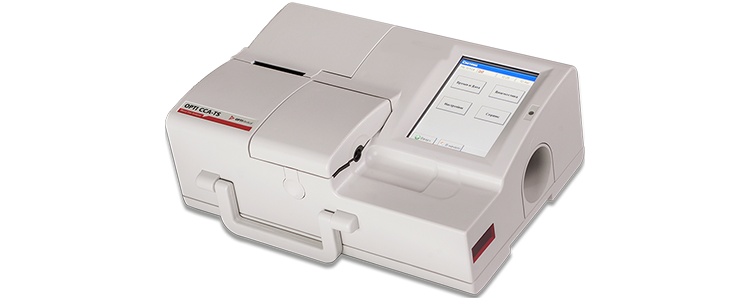
In view of this, within the Help Me Breathe initiative the People’s Project volunteer center announces new fundraising campaign aimed to support purchase of this essential device. There are no someone else’s kids, you know, as each child makes a vital part of our common future. Together we can effectively get that money and give a chance for life and a secure healthy childhood to hundreds of little Ukrainians. Dear friends, join in!




